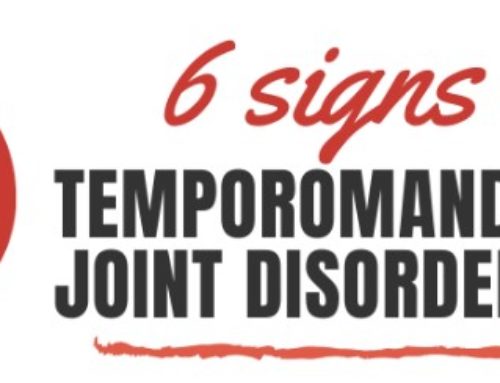We already struggle with global warming and air pollution harming our environment and the animals that live in it. But, what is making matters even worse is that air pollution is also increasing our patients’ risk of sleep apnea. So, what do we do with this? Hold your breath? No, that is never a good solution.
According to new research published in the Annals of the American Thoracic Society, the ill effects of air pollution may be causing some people to lose sleep. Martha E. Billings, MD, MSc, and co-authors of “The Association of Ambient Air Pollution with Sleep Apnea: The Multi-Ethnic Study of Atherosclerosis,” there is a link between obstructive sleep apnea and increases in two of the most common air pollutants: fine particulate pollution, known as PM2.5, and nitrogen dioxide (NO2), a traffic-related pollutant.
Odds of sleep apnea increase
Given that air pollution causes airway irritation, swelling and congestion, it appears that it was detrimental to sleep. It also might affect the parts of the brain and central nervous system that control breathing patterns and sleep.
Researchers used air pollution measurements gathered from hundreds of MESA Air and Environmental Protection Agency monitoring sites in six U.S. cities, plus local environment features and sophisticated tools. In doing this, they were able to estimate air pollution exposures at each participant’s home.
After conducting this study, the researchers found that a participant’s odds of having sleep apnea increased by:
- 60 percent for each 5 micrograms per cubic meter (μg/m3) increase in yearly PM5 exposure.
- 39 percent for each 10 parts per billion increase in yearly NO2.
To summarize the study, air quality improvements may have an unrecognized benefit: better sleep health. Understanding the risk of sleep apnea and air pollution is important to helping your patients.





